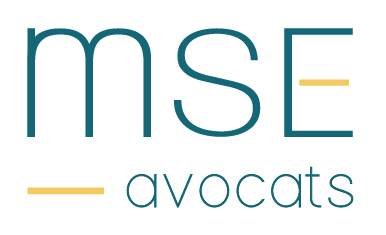In the light of the current pandemic context, numerous international assignments are postponed, leading to remote work for employees, from their Home Country, although they have already taken their new functions in the Host entity.
This remote working situation from the Home Country in the benefit of the Host Country entity triggers consequences to be anticipated for the employers :
- Drafting of an addendum to the assignment agreement in order to confirm the new duties, but review the compensation package, and eventually, mention the suspension of the payment of allowances linked to the physical presence in the Host Country
- Social security contributions in the Home Country (to be maintained);
- Income tax in the Home Country (to be maintained);
- Payroll in the Home Country;
- Chargeback of the compensation between Home and Host entities – to be confirmed by finance teams under limited conditions and for a limited period.
Labor Law
The temporary situation of remote work period during which the employee executes his / her new duties should be confirmed in an addendum to the employment contract and/or assignment agreement.
It should be stated that the employee takes his/her new position and benefits, if applicable, from the updated financial conditions linked to these new functions.
It is however possible, and advised, to state that allowances or advantages linked to the physical presence in the Host Country (expatriation premium, COLA, tax equalization, hardship, housing, scholarship…) will only be applicable as from the employee’s / his family’s relocation date in the Host Country.
Employers will have to pay particular attention to the organisation of working time, especially when employees work for and with an entity located in a remote geographical area, justifying significant time differences.
Social security
The social security contributions shall be paid in the state where the activity is effectively performed, even though this activity is in the interest of the Host entity.
The employee should in principle remain affiliated with the Home Country social security schemes as long as he/she remains physically present in this country.
Income tax
The employee is usually considered as a tax resident in the country where he/she is physically present – to be confirmed with regards to circumstances and legal rules in each country, in order to determine the tax residency status.
The income tax shall be paid in the state where the activity is effectively performed, even though this activity is performed in the interest of the Host entity.
The employee should remain fully taxable in the Home Country where he/she is still physically present.
If a withholding tax / PAYE system exists in the Home Country, it should be applied until the relocation to the Host Country.
Payroll
The Home Country payroll should be maintained if possible – to be confirmed with domestic regulations – in order to ease the payment of social security contributions and income tax in the Home Country.
Charge back of the compensation within the group
Since the new functions are performed in the interest of the Host entity, intra-group chargeback agreement between the Home and Host entities should in principle be implemented, for the compensation paid to the employee and the potential social security contributions to be paid by the employer.
Regarding intra-group missions, this chargeback should be made at cost, after the validation of the finance department of both entities, in order to avoid any accounting / financial or corporate tax issue.
Companies should also pay attention to the risk of permanent establishment, notably if this transitional situation is to last for more than a few months, under exceptional travel ban situation.
Specific case: external hiring of an employee residing abroad with a postponed relocation in the Host country
In this situation, the company may contact tax advisors in the Home Country to confirm the payment process for social security contributions and income tax for a foreign company, triggering maybe a registration obligation with the Home Country’s authorities.
Consequences from a labor law perspective should also be anticipated in the Home Country, notably regarding policy rules applicable in this country.
Our team would be delighted to assist you on this!

